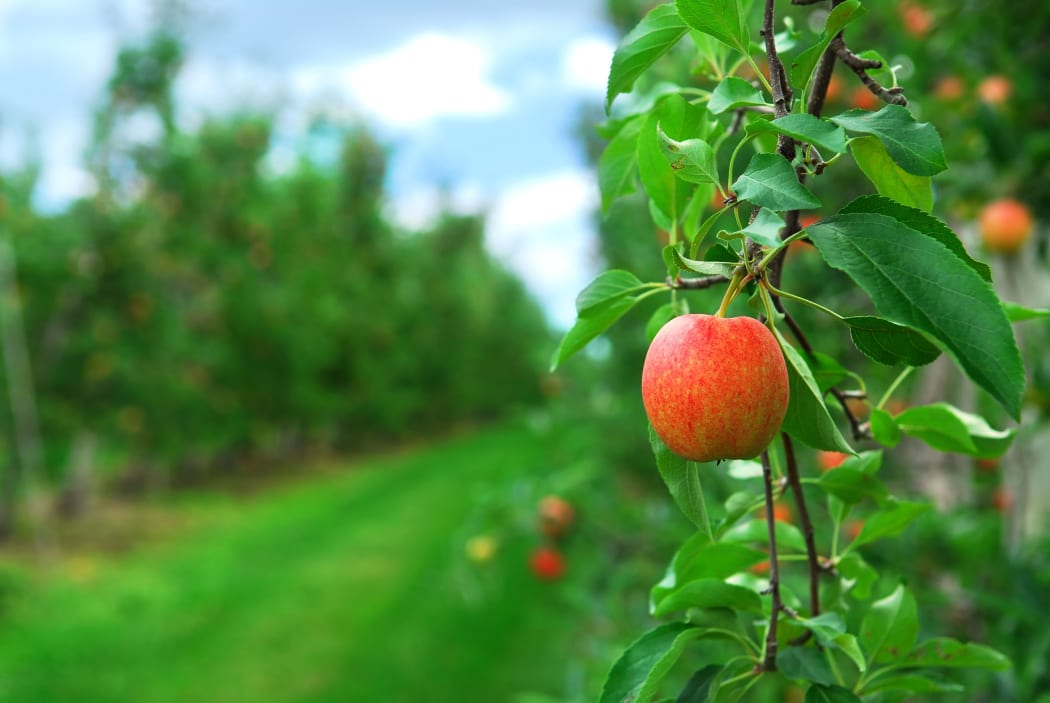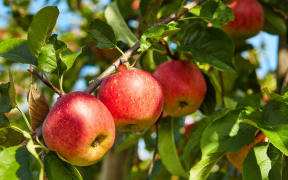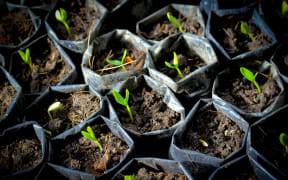The Ministry for Primary Industries has released about 20,000 apple plants and 400 stone fruit plants which it impounded as a biosecurity risk three months ago.

About 20,000 apple plants which Ministry for Primary Industries initially impounded as a biosecurity risk three months ago have been released. Photo: elenathewise/123RF
It has now completed testing of the plants and found no trace of pests or diseases.
As a result they have been freed from all restrictions.
Almost 48,000 plants were originally detained at 50 sites in Hawke's Bay, Waikato, Nelson and central Otago.
Just more than 1000 apple plants and 6000 stone fruit plants were destroyed by their owners.
Around 20,000 plants still remain quarantined.
These are stone fruit plants which the ministry said required further testing over spring and summer, when diseases of concern would be most evident, if they were present.
The cost of MPI's action was put at $1.5 billion in losses, but no supporting evidence for this sum has yet been supplied.
The problem came after the ministry found certification from an American export facility could not be relied on because of errors and omissions in its record keeping.
The ministry said in a statement there were significant failures at the facility, the Clean Plant Centre Northwest, in Washington State.
"MPI had little confidence in the testing carried out [at the centre]," the statement said.
"An investigation by US authorities confirmed MPI's findings."
The ministry then began testing the exported material for pests and diseases in New Zealand, said its director of Plant and Pathways, Pete Thomson.
"So far all the results have been negative, and we are satisfied the biosecurity risk has been minimised, so we're pleased to be in the position to release these plants back to their owners," Mr Thomson said.
"Throughout this process, our decisions have been based on protecting New Zealand.
"Some of the diseases, if present, could impact significantly on our wider horticultural industry.
"MPI remains open to receiving requests for payment for direct and verifiable losses incurred as a result of destroyed or contained plant material," Mr Thomson said.
"We've written to all affected owners on this, and we are offering one-on-one meetings to talk through the process."





